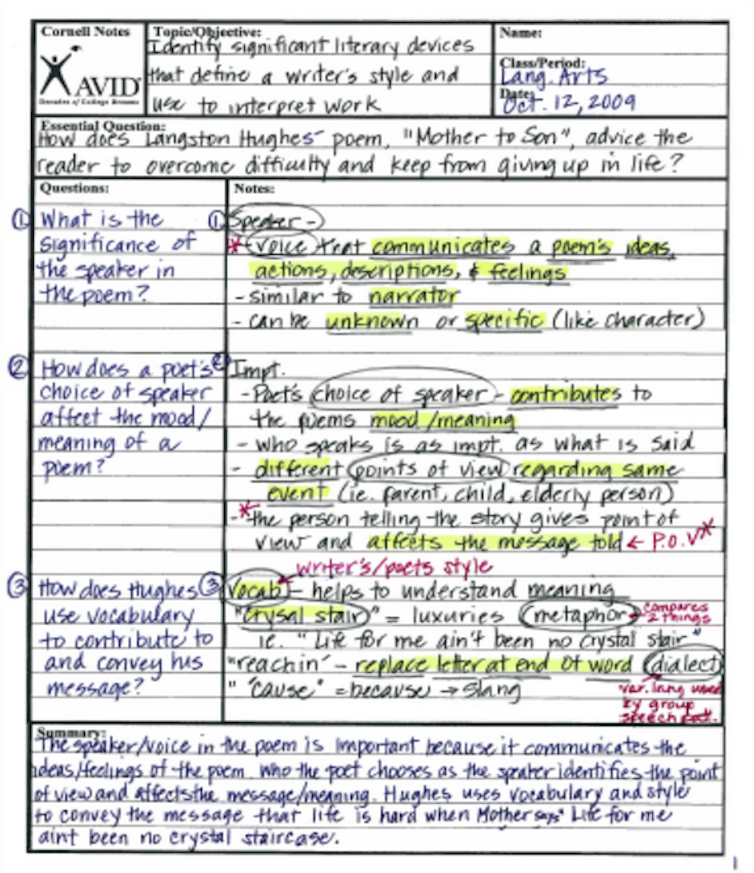Now that my time at Dartmouth is nearing its conclusion, I’ve been reflecting on the highs and lows of my Dartmouth experience. From failed friendships to amazing internships to stressful all-nighters - and everything in between, I wanted to take some time to break down what I’ve learned in my two years at the Big Green.

So first, a little bit about me. At Dartmouth, I was a graduate student in the Master of Art in Liberal Studies Program, and I was in the Creative Writing concentration. While taking classes and subsequently working on my portfolio, I developed an interest in studying the intersections of race relations, gender, and literature. Through Dartmouth, I was able to grow as an academic and I will be entering a new graduate program in September.
I’ve had so many highs and lows while studying at Dartmouth: academically, emotionally, and even socially. Looking back, there are four key things that I took away from all of my experiences.
Don’t let Imposter Syndrome Stunt your Progress
No matter where you are on your academic journey, know that you belong where you've been placed. You being in your current academic sphere is not a mistake, and you wouldn’t be where you are if you didn't deserve it.

As a black woman with immigrant parents, I often struggled with feelings of inadequacy and with wondering if I deserved to be at an institution such as Dartmouth. Thoughts like those will only impede your growth and negatively affect your mental health in the long run.
Comparison is the thief of happiness! Go at your own pace and recognize that your differences and uniqueness are what got you as far as you are today.
Lean on the People that Actually Care About you
This is a tough one, but I believe that it deserves to be said. There are some people that will root for you openly and lovingly, and there are some that will pretend to while secretly hoping for you to fall. Follow your gut and don’t give all of your energy to everyone that you think could be a friend to you. I ended up becoming really drained and sad by trusting the wrong people.

It’s better to have one or two close friendships that are nurturing and uplifting than to have five or six friends that talk down to you or gossip behind your back. One thing that I really had to learn was that not everyone is going to like me or want to be my friend, and that’s okay. What matters most is that you cut off people and relationships that dissuade your growth and cause you to doubt yourself!
Keep your Focus on your Accomplishments and your End Goal
Take the time to celebrate your wins and don't dwell on your perceived failures. If you got a high mark on that research paper, reward yourself with an extra hour of Netflix that night. If you found a professor to write that letter of recommendation for you, celebrate with some ice cream. Safe and healthy rewards are great motivators.

I got into the habit of always expecting perfection from myself. So when I didn’t reach that expectation, I was crushed. And when I did, I moved passed it like it was nothing. I was constantly going and making no time to breathe and appreciate the smaller moments during my Dartmouth experience. Try not to be too hard on yourself, and appreciate the journey that your on instead of only looking at the destination.
Manage your Stress - no, for Real!
Prioritize self-care… in whatever ways that means for you. From bubble baths to hiking to going to therapy, I’m of the opinion that self-care is whatever relieves your personal stress and allows you to internally care for you.

Relaxing is essential for your overall well-being, and many students at Dartmouth seem to forget how important taking care of yourself really is. Mindfulness and meditation are great strategies that a lot of college students find to be very beneficial. I, personally, find working out to be great for my mental health and my academic productivity as a whole. Do what works for you and prioritize it like you prioritize your school work and friendships.
In the End, It's All About Growth
At the end of the day, I grew more over the last two years then I did in the previous ten. I learned a lot of hard lessons, pushed myself farther than I ever could have thought possible, and grew a new appreciation for who I am as a person. I'm ready to tackle academia and my personal relationships in ways that I never would have considered if I did not attend this institution. To any new students (graduate or undergrad) that are nervous about what Dartmouth may hold for you, my advice for you would be to take each lesson as an adventure and an avenue to grow into yourself. Enjoy the journey!

References:





















